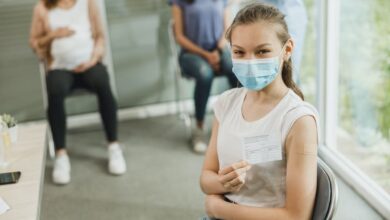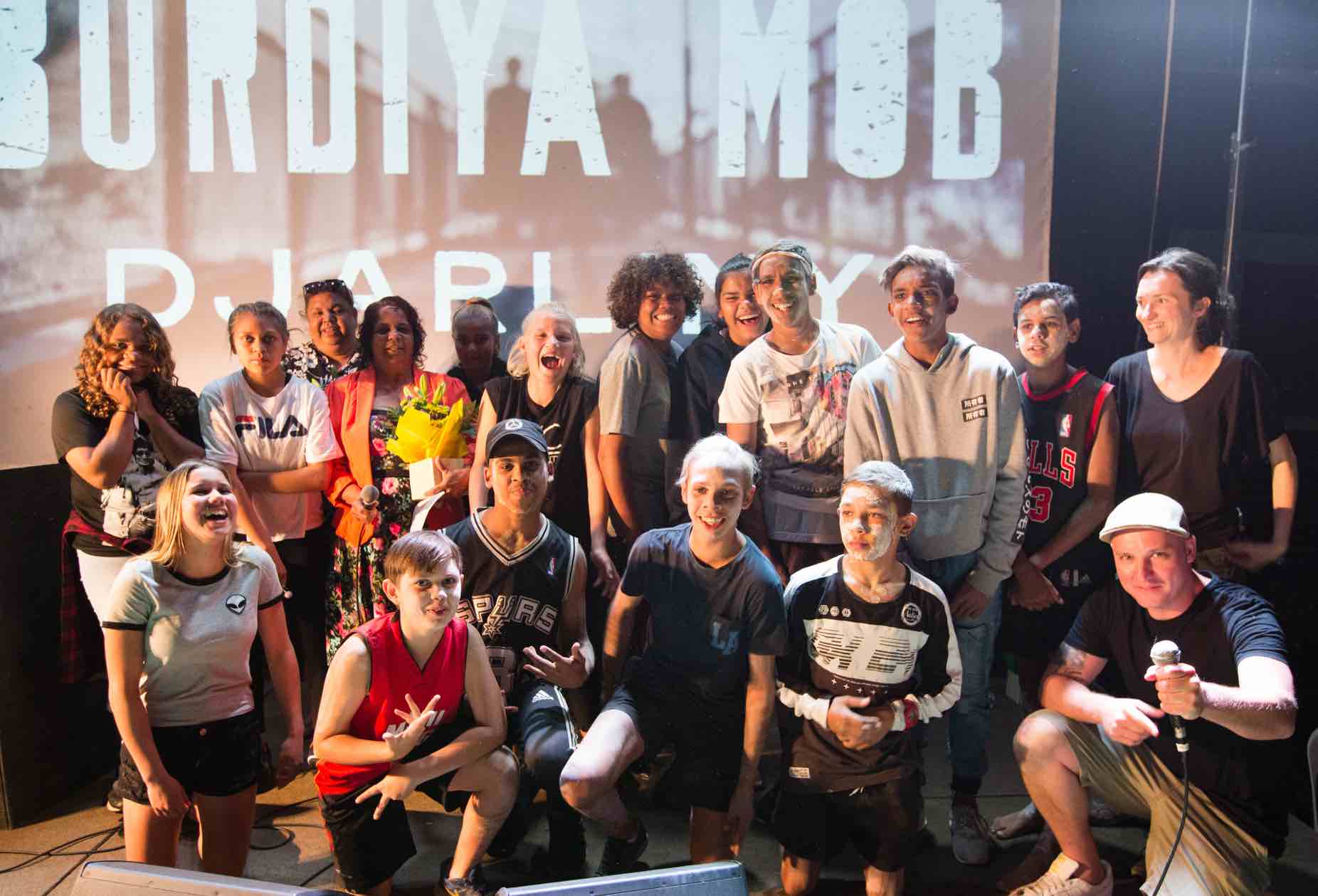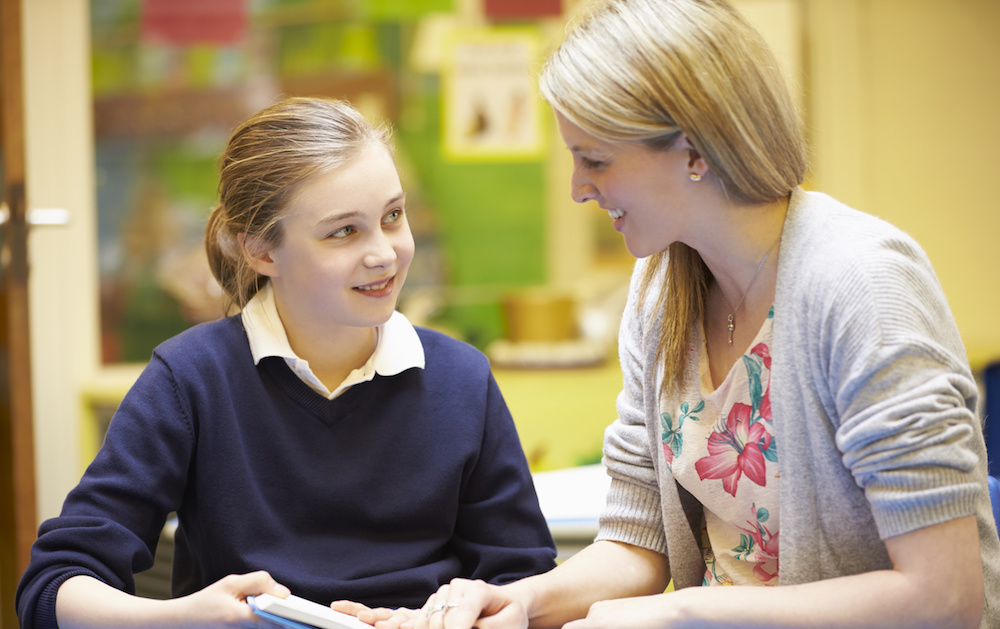Returning after maternity leave: Teaching is like riding a bike

Secondary school teacher Emily Aslin talks us through returning to the world of teaching after a year on maternity leave!
You may remember some of my trepidation about returning after being away so long.
Like, what if I had forgotten how to teach?!
Teaching is the longest job I’ve kept at, and being away for a year was very odd! Of course I was very occupied with my beautiful baby boy, but the return to work drew ever closer, and then it came and went, and now I’m back in the classroom.
This year I am at a new school. So on top of adjusting to being a new mum and also working full time, I am adjusting to a new work environment and all the challenges that brings.
The first student-free day was spent in meetings and getting to know the school and how it works. I am not ashamed to tell you that I came away from that first day feeling so completely overwhelmed. I honestly came home feeling completely burnt out, convinced that I didn’t want to be a teacher any more. There was NO WAY I was going to be able to juggle teaching and parenting.
Then I took some deep breaths, played with my boy, chatted with my husband, and thought about it logically. Of course the first day back was going to be hard! I mean, my whole life has changed by having a child, and changed again by going back to work. I hadn’t interacted with that many people, used my brain in that way, or even been out of the house for that long without my family, in over a year. I knew I needed to be kind to myself and give myself some time to get used to this new paradigm. I adjusted my frame of mind, and went in to the next day with slightly less anxiety.
The next day was a day of Resilience professional development. What surprised and delighted me was that this PD was aimed at us as teachers. This wasn’t another program trying to tell us how we’ve been teaching the wrong way all along, and how following this ‘new’ technique would fix all of our educational challenges.
You know the type I’m talking about – the ones that always seem to happen at the beginning of the year, during time when you really need to be working on curriculum and lesson planning, and was organised by the newest middle/senior leadership person proving their worth.
Rather, this program and this day in particular were simply discussing the science behind resilience, and giving us actually practical tips for how to build our own resilience as teachers and adults in the workforce. I think it might actually be the first PD I’ve ever done that was aimed at helping us as people-who-are-teachers, instead of ‘helping’ us be ‘better’ teachers. It’s certainly the first one I’ve done like this that was implemented by the school.
I have to say that day made me a lot more comfortable with my new paradigm, especially with regard to beginning at a new school. I mean, if the school leadership team are giving us this type of PD, then surely it can’t be too bad of a workplace! It reminded me of my mindfulness training, and how I need to look after myself. Just the exact mental shift I needed.
Fast-forward to the first day with students. It was only the year 7s and 11s at school that day, and I was to spend the day with the year 11s (I have them for form/roll mark class).
I was so damn nervous!
Like, really really nervous. I honestly didn’t expect it, but I felt possibly more nervous stepping in front of my form class for the first time then I did stepping in front of my first class back during uni. I don’t even know why I was that nervous, but there you go.
It took me a good half hour before I felt a bit more comfortable. I know they could see my discomfort, and that probably made things worse for me mentally. But I pushed through, and by the end of that day I was feeling more comfortable around my students and those of the other classes.
The second day of school I was actually home with my poor bub, who was very sick with a bad virus. It meant that I missed my first lessons with three of my classes, but my baby will always come first. I had grand ideas of doing some lesson planning while he napped, but he declined quite rapidly so spent his nap cuddling me and we spent the afternoon/evening in the hospital. My husband was able to take the rest of the week off to look after him, so I could return to work the next day with a bit less guilt, knowing he was being well looked after at home. Any other time of year and likely I would have stayed home with him, but I do also understand and appreciate the importance of this first week at school.
The third day of students back at school was technically my first day of classes. I surprised myself by swinging right back into things like I had never left! Gone was all the nervousness of the first day with the year 11s. Gone was the guilt of leaving my bub at home (even though he was so sick – it’s wonderful having such a good husband and baby-daddy that I know I can go to work and they will truly be fine!). Gone were the worries about whether or not I had forgotten how to teach.
I just taught. I can’t really explain it other than that. It’s a bit like riding a bicycle – I think it’s probably something I’ll never really forget how to do.
I greeted the students, I lead the lessons, I did experiments, I told off the misbehaving kids, I made them all laugh, I got them thinking and asking questions, I even made a good impression – some of the kids were going up to the other teachers and telling them how awesome or how much of a good teacher I am! That really warmed my heart.
I’ve always prided myself on my ability to build good relationships with my students, and knowing I’ve made a good first impression (even when the first lesson is all rules, expectations, learning plans, etc) really means a lot to me.
By my second day of lessons, it actually felt like I’d just been on holidays and come back after a few weeks. Even being at a new school hasn’t really impacted. Sure I get a bit lost finding the right classroom, and I don’t have a photocopying code yet, but my colleagues are absolutely astonishing in their willingness to help in any possible way. Any question is answered by 3 different people, who will then proceed to show you exactly what to do, explain about this kid and that kid, share their resources and ice creams (it is very hot at the moment!), co-plan lessons to save each of you time and effort, even give you their photocopying code. Having such a wonderful department, and it seems extended to the whole staff, has made this transition oh so much easier for me to bear mentally and emotionally.
I do truly love being a teacher. And I am truly happy to be back!







